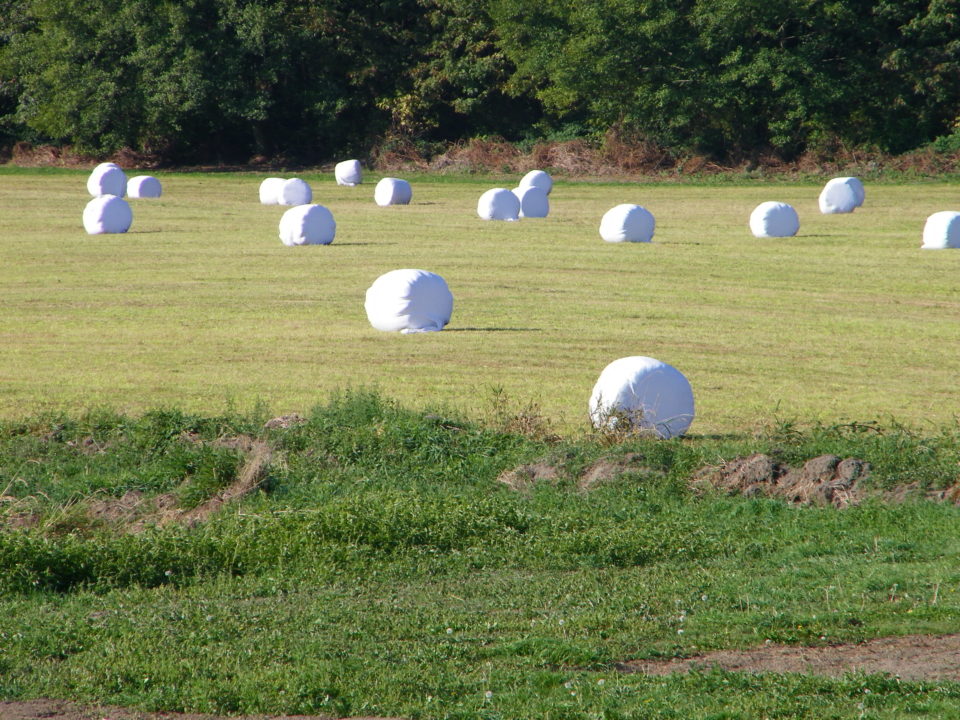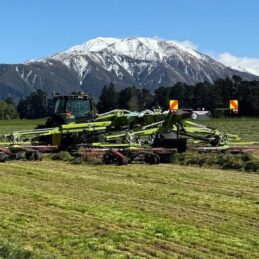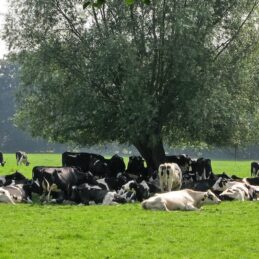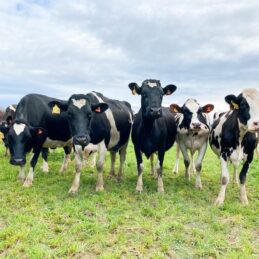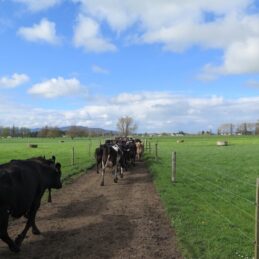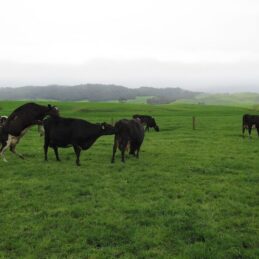Thermoduric bacteria are those that can survive high temperatures, such as during pasteurisation, and can cause spoilage in dairy products. The most common thermoduric bacteria are spore forming Bacillus and Clostridium species, which are widespread in the farm environment.
One major route of contamination can be from cows eating soil or poor quality silage, producing faeces containing thermoduric bacteria. Cows subsequently lying on pasture or bedding will contaminate teat surfaces, and these bacteria are readily transferred into milk during milking. Contamination will spread throughout the milking system, and may build up through inadequate cleaning and maintenance, contributing to high bacterial counts at subsequent milkings.
A less common but more harmful species of thermoduric bacteria is Clostridium botulinum, which produces botulism neurotoxin. If the bacteria enter the milk supply then this is a major hazard to humans.
One of the major sources is soil contaminated silage, poor fermentation, or holes in covers allowing air (oxygen) to enter. Clostridia growth (similar with Listeria bacteria) is limited below pH of 5, so a rapid fermentation reduces the risk of high levels of this type of bacteria. This can be achieved through good harvesting and ensiling techniques, including good compaction and sealing.
Good quality silage inoculants are an important aid to good silage making, as they speed up the fermentation process, restricting growth of undesirable bacteria, such as thermoduric and butyric acid producing species. An inoculant containing a specific strain of Lactococcus lactis bacteria, further reduces the risk from thermoduric bacteria, as it produces nisin, a bacteriocin that inhibits clostridia.
It is also important not to feed aerobically spoiled mouldy silage to milking cows, as this is a major source of thermoduric bacteria contamination. Exposure to air enables the aerobic bacterial species, such as the thermoduric spore forming Bacillus species to proliferate. Also, feeding spoiled silage to cows can result in lower intakes and milk production.
Although, there is always a risk of contamination with thermoduric bacteria, these can be managed by adopting good silage making, handling and feeding practices, and good hygiene in the milking shed.
As featured in NZ Dairy Farmer

